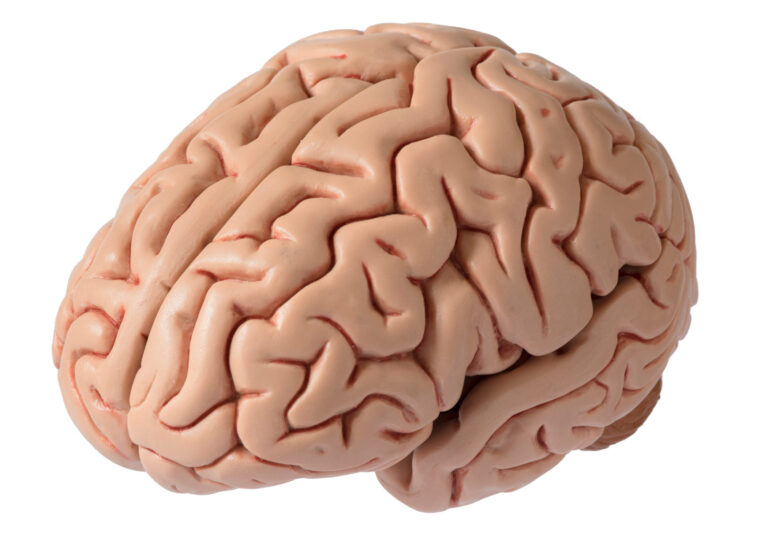Dementia is a complex and progressive condition that affects millions of people worldwide. It is a syndrome that impacts memory, thinking, behavior, and the ability to perform daily activities. While there is currently no cure for dementia, early detection and management can greatly improve a patient’s quality of life. This is why routine medical checkups are crucial for patients with dementia.
First and foremost, routine medical checkups allow doctors to monitor the progression of the disease. Dementia is a gradual process, and its symptoms may go unnoticed in the early stages. By regularly visiting a doctor, any changes in cognitive function or behavior can be detected and addressed promptly. Early detection of dementia can also lead to an earlier diagnosis, allowing patients and their families to prepare and plan for the future.
Furthermore, routine medical checkups help doctors to identify and manage any underlying health conditions that may worsen dementia symptoms. Many individuals with dementia also have other health issues, such as high blood pressure, diabetes, or heart disease. These conditions can negatively impact brain function and accelerate the progression of dementia. Regular checkups can ensure that these comorbidities are properly managed, reducing their impact on the patient’s cognitive function.
Routine medical checkups also play a crucial role in managing medication. Many individuals with dementia are prescribed multiple medications, and it can be challenging to keep track of them all. During checkups, doctors can review the patient’s medication regimen and make any necessary adjustments. This is especially important as some medications may interact with each other or have adverse effects on the patient’s cognitive function.
In addition to monitoring the patient’s physical health, routine medical checkups also include cognitive assessments. These tests measure memory, thinking, and problem-solving abilities to track any changes in cognition over time. Early detection of cognitive decline can help doctors determine the best course of treatment and support for the patient.
Another essential aspect of routine medical checkups for dementia patients is the support and guidance they provide for families and caregivers. Dementia is not only a challenging journey for the patient but also for their loved ones. Regular checkups allow family members to discuss any concerns or challenges they may be facing and receive guidance on how to best support their loved one. Doctors can also provide information on local resources and support groups, which can be invaluable for caregivers.
Moreover, routine medical checkups can help to prevent complications and hospitalizations. As dementia progresses, patients may become more prone to falls, infections, and other health issues. By closely monitoring their condition, doctors can address any potential complications before they become serious and require hospitalization. This can greatly improve the patient’s quality of life and reduce stress and financial burden for both the patient and their family.
Lastly, routine medical checkups provide an opportunity for doctors to ensure that patients with dementia are receiving the best possible care. As the field of dementia research continues to evolve, new treatments and interventions are constantly being developed. During checkups, doctors can discuss any new treatment options or clinical trials that may be suitable for their patient. This allows patients to access cutting-edge treatments that could potentially slow the progression of dementia.
In conclusion, routine medical checkups are crucial for dementia patients. They allow doctors to monitor the progression of the disease, manage underlying health conditions, adjust medications, assess cognition, provide support for families, prevent complications, and ensure optimal care. Early detection and management of dementia through regular checkups can greatly improve the patient’s quality of life and potentially slow the progression of the disease. Therefore, it is essential for individuals with dementia to prioritize routine medical checkups to maintain their overall health and well-being.




